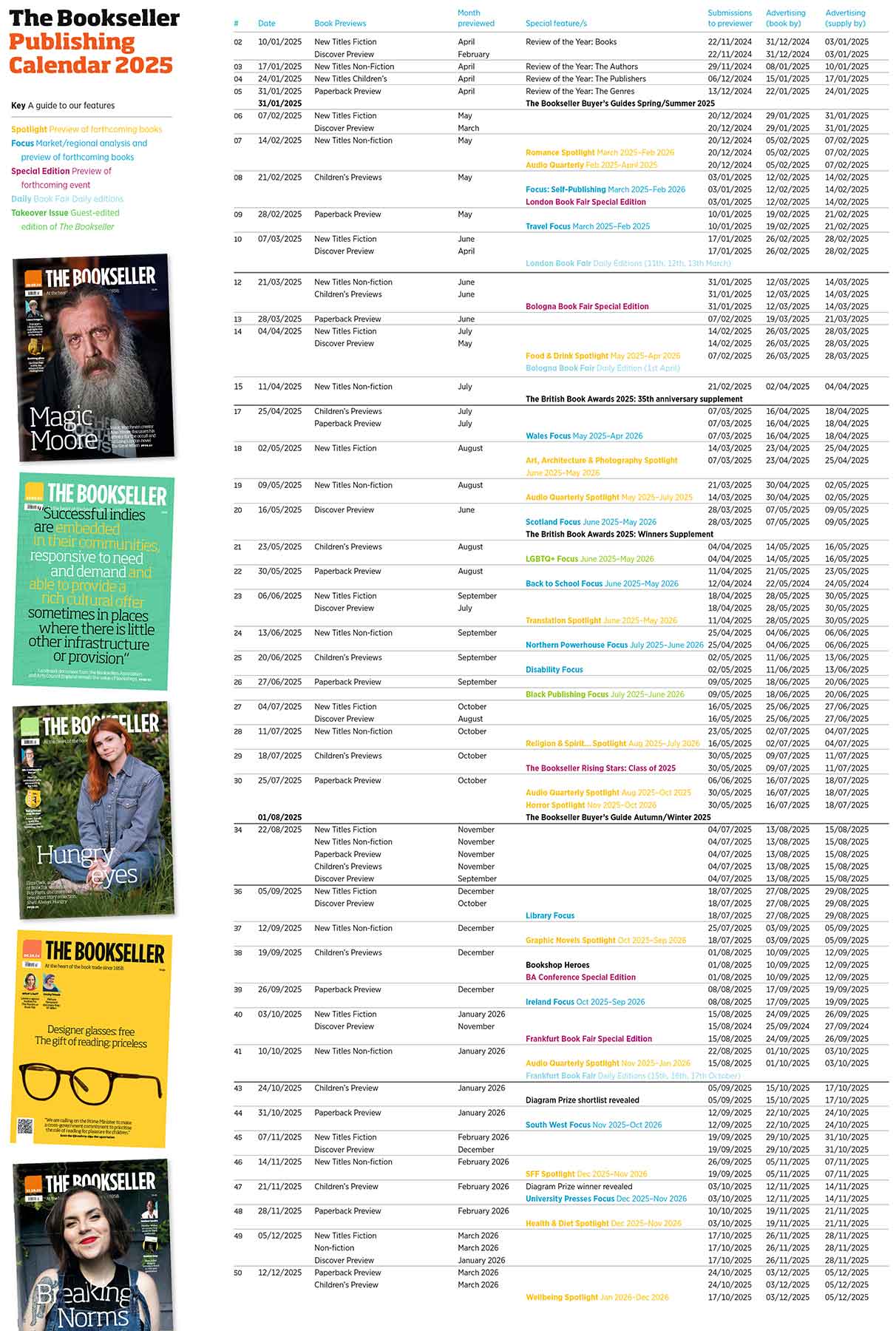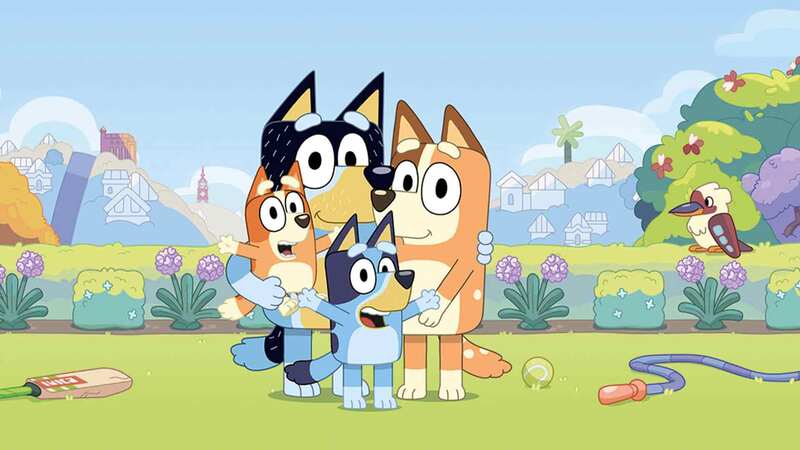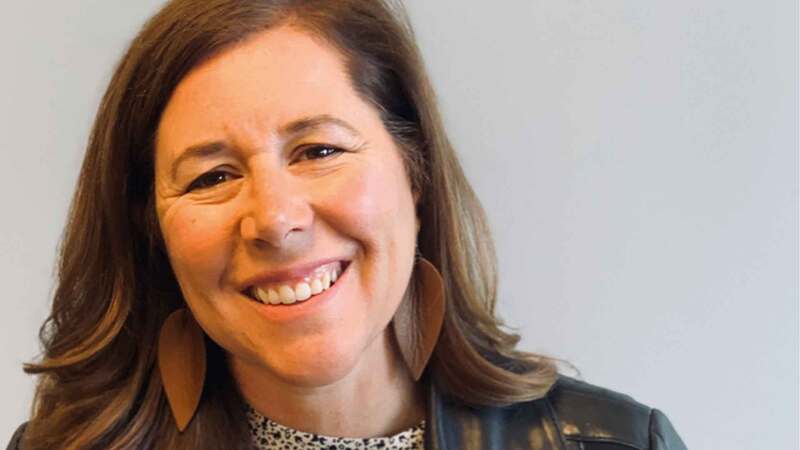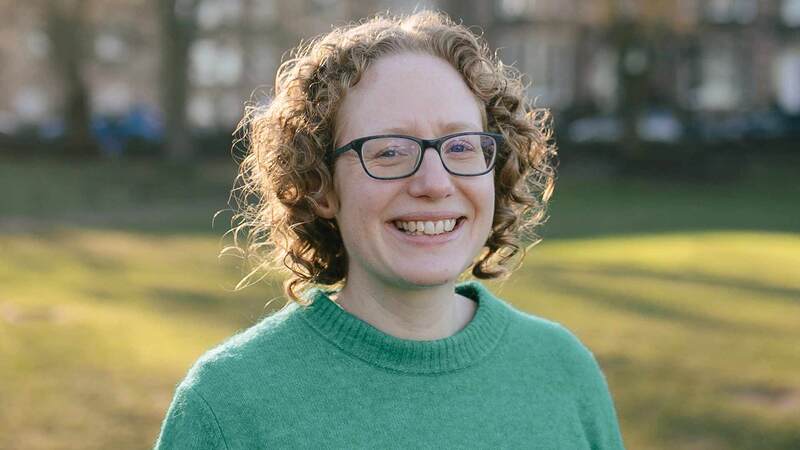You are viewing your 1 free article this month. Login to read more articles.
Better late than never
The children’s novelist and recent British Book of the Year winner Phil Earle reveals why his 20th novel struck a chord with readers like no other.
I have a recurring dream. I’m sitting with my colleagues at David Fickling Books, wearing my sales director hat. We are in an acquisition meeting and they are telling me with great passion about a book they want to buy, written by someone who has been around a while.
I listen, then ask the question all sales directors ask: “What are their BookScan sales like?” There’s a pause. In fact, it’s more of a silence. Then they slide a piece of paper over, as they visibly deflate. The numbers aren’t great. They aren’t terrible, but they’re not going to threaten an A-lister, that’s for sure. I exhale loudly. They know exactly what that means. It’s the same noise a builder makes when they find subsidence.
But then I look again at the titles on the page, and the problem is, I recognise every one of them. Because I wrote them all. They’re my books...
I don’t wake up screaming (honest), but for 10 years, it’s been a worry. I feel lucky to have worked in the book trade for 20-plus years, feel even luckier to have had 20 books published in a decade, but it’s also a double-edged sword. Because of my publishing experience, I have always known that as an industry we are drawn to the débuts: the bright, new shiny things. As a bookseller, I loved to stumble on a new voice via a first proof. It felt special to hand-sell their work, to feel I was there at the start of their journey.
An advance of any size is still an investment to an imprint, and title count is key. Publishers can’t afford to waste a single slot these days.
It doesn’t feel any different when you are a publisher, because let’s face it, when we go to see a bookseller, whether on the shop floor or at head office, it’s usually easier to make people excited about a début. There’s no first book which didn’t quite work to hold against it, or a lack of prize shortlistings, or, most importantly, an underwhelming BookScan track record. So as I approached my 20th book, I felt I was drinking in the last-chance saloon. My books had been well received, well reviewed, I had won some regional awards, and one novel had even flirted with the top 10. Briefly. But I also knew that my track record showed that publishing a new book by me was a risk. An advance of any size is still an investment to an imprint, and title count is key. Publishers can’t afford to waste a single slot these days. There are too many great books that go unnoticed and don’t earn out to waste time on something that you simply don’t 100% believe in.
All I can say is, I got lucky. Andersen Press, led editorially by Charlie Sheppard, saw something in my manuscript that made it take a chance on me. Or maybe Nielsen’s website was down that day, I can’t be sure.
What I am sure of, is that I worked harder editorially on that book than ever before. Because Charlie asked me to. She pushed me. She made me wring every bit of drama from the manuscript that I could. And finally she told me she was proud of it, that I had climbed a mountain to get it into the state it now was, and I felt more thrilled about that than anything that’s happened before or since.
I did not have huge expectations. Not at all, though Andersen generously printed early, so finished copies could be treated like proofs. We put together quite a list of folk to send it to, and sent the books out into the world (where I imagined they would be used as door props in bookshop staff rooms). And then booksellers did that thing they do, that beautiful, mercurial thing (that publishers have tried to harness, but always fail at)—they started talking about it. They told each other that it was worth a read. They passed their copy on, they went on Twitter and banged the drum. I wasn’t expecting it—19 books had taught me to expect little—but bloody hell, it was a lovely feeling.
Publication day came, and there were these wonderful piles of it in shops. And windows. Windows! I got over the embarrassment of introducing myself. I went for it, visited more than 60 shops, driving over a thousand miles. I was cream-crackered, but it was worth every Sharpie I bled dry.
Andersen was magnificent, and still is. It’s still stoking the fire. Even a year on, as the next book drops (as the kids say), people are still being kind. So what I want and need to say to booksellers is: thank you. What you do, every day, when you shove books into readers’ hands, is alchemy, pure and simple. This sales director/author is unbelievably grateful to you.
And I still have a Sharpie in reserve if you need me to drop in. It’s always a pleasure and never ever a chore.
Phil Earle is sales and brand development director at David Fickling Books and the author of 20 books for children and young adults, including When the Sky Falls (Andersen Press), which was recently named The British Book Awards’ Children’s Fiction Book of the Year. His latest novel, While the Storm Rages, was published by Andersen Press earlier this month.


















